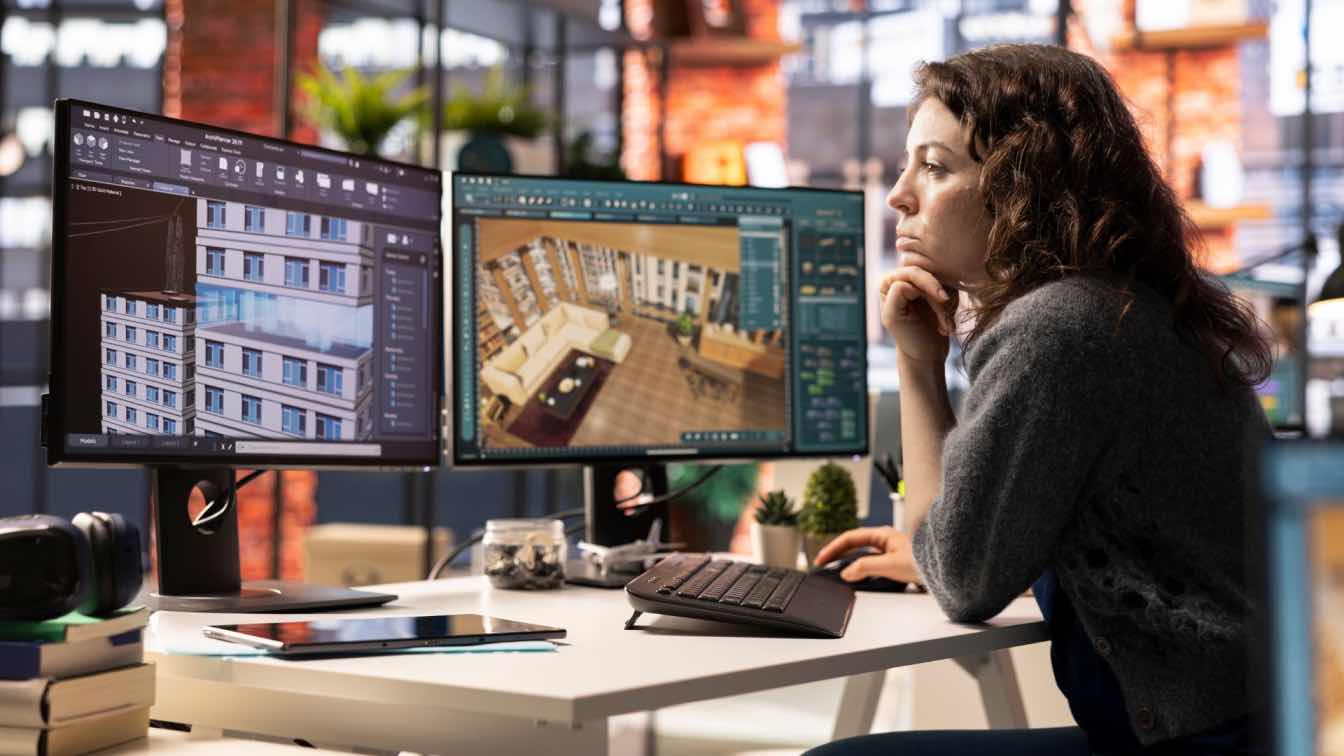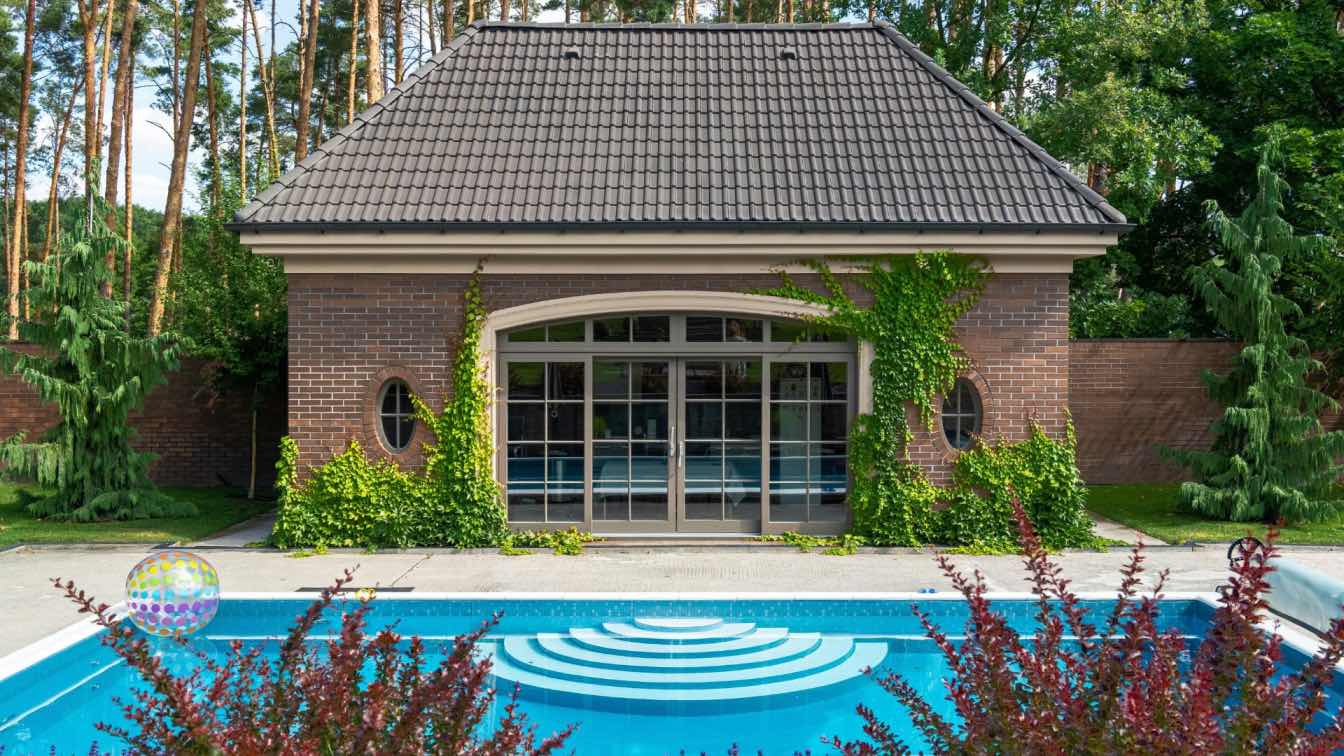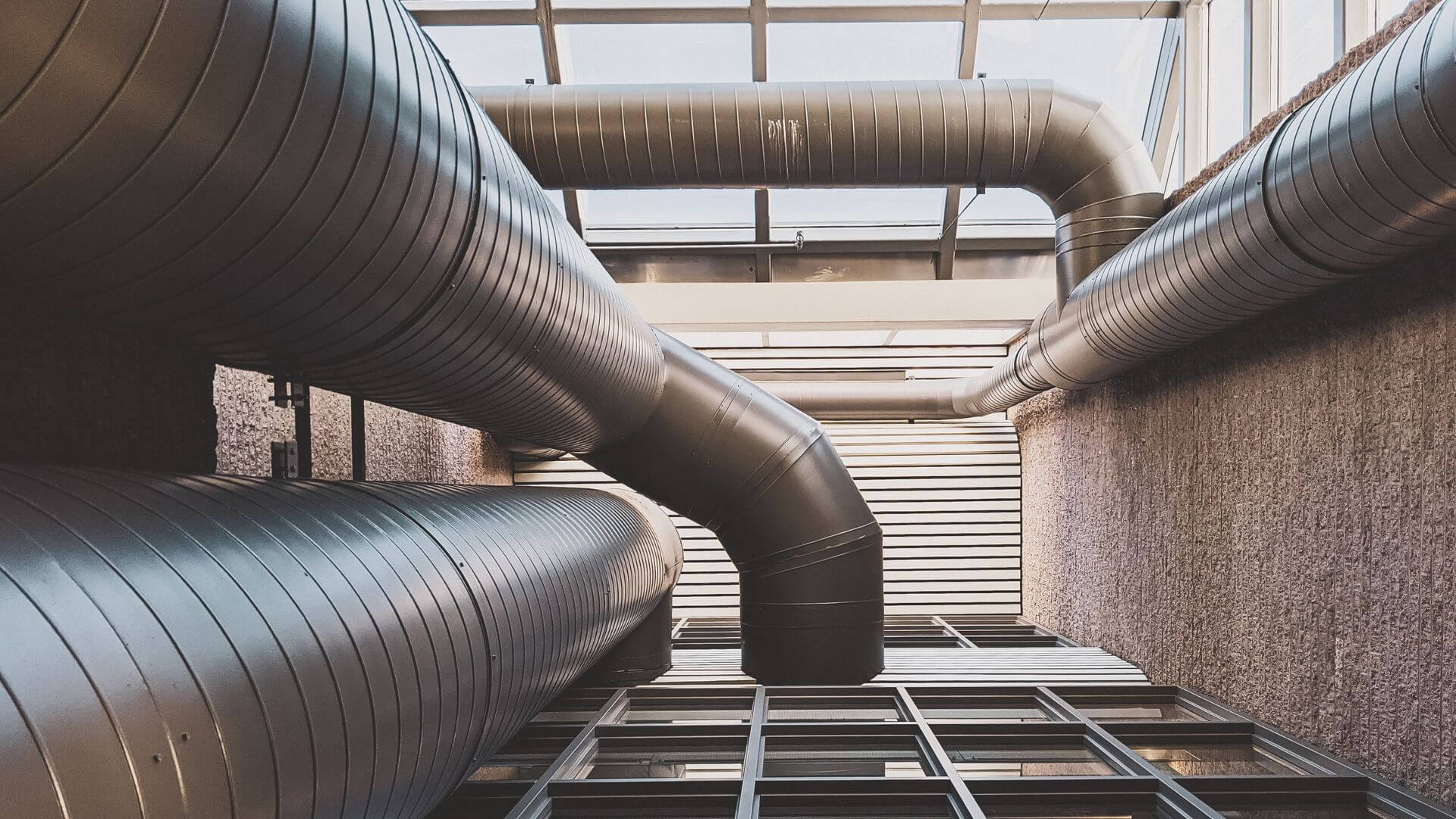As we enter the future, our homes become more intelligent and connected. One area that's seeing significant innovation is heating, ventilation, and air conditioning (HVAC) systems. This article explores the latest trends in HVAC design for smart homes, focusing on how these advancements can enhance comfort and energy efficiency. Whether you're a homeowner looking to upgrade your HVAC system or a professional staying updated with the latest trends, this guide will provide valuable insights.
The Evolution of HVAC Systems in Smart Homes
HVAC systems have come a long way from their conventional designs. With the advent of smart homes, these systems are now designed to provide optimal comfort while being energy efficient. This evolution is not only about the systems themselves but also about the way they are installed.
The role of the HVAC contractor has become more complex, requiring a deep understanding of various system types and the ability to design and install these systems to optimize their performance. Integrating innovative technology in HVAC systems has led to the developing of techniques that can adapt to the occupants' habits, providing optimal comfort while minimizing energy costs.
The Role of Heat Pumps in Smart Homes
Heat pumps are becoming increasingly popular in smart homes due to their efficiency and versatility. They can provide heating and cooling, making them a practical choice for many homeowners. Heat pumps operate by transferring heat, making them highly energy-efficient. In smart homes, heat pumps can be controlled remotely, offering homeowners convenience and improved comfort.
Furthermore, installing heat pumps requires careful planning and sizing to ensure optimal performance. A well-installed heat pump can provide comfortable, conditioned air throughout the year while keeping energy costs low.
Innovative HVAC Designs: A Look at the Latest Trends
Numerous innovative HVAC designs are available today, from geothermal systems to radiant floor heating. These designs are efficient and integrate seamlessly with other smart home systems, offering homeowners enhanced control over their home's heating and cooling. For instance, geothermal systems leverage the stable temperatures underground to provide heating and cooling, reducing the need for traditional HVAC systems.
These systems require careful design and installation, including the placement of underground pipes, to ensure they work effectively. The use of radiant floor heating is another trend that's gaining popularity. This system provides heat directly from the floor, resulting in a more uniform and comfortable heat distribution.
The Impact of HVAC Design Software
HVAC design software has revolutionized the HVAC industry. Software programs allow for accurate load calculations, system design, and ductwork layout. They enable HVAC professionals to design and install systems that provide optimal comfort and efficiency.
As technology advances, we expect HVAC design software to become even more sophisticated. We expect more features and capabilities: for instance, these programs can simplify the duct design process, ensuring the ductwork is properly sized and installed to deliver conditioned air effectively throughout the home.
The Importance of Proper Ventilation in Smart Homes
Proper ventilation is essential for maintaining indoor air quality and preventing issues like mold and mildew. In smart homes, innovative HVAC designs have taken ventilation to a new level. These designs incorporate systems ventilating, monitoring, and adjusting indoor air quality.
For instance, some systems can detect high humidity levels and automatically activate the ventilation to reduce it. This automated ventilation control ensures a healthy indoor environment, enhancing the comfort and well-being of the occupants. Moreover, proper ventilation also contributes to the efficiency of other HVAC components like the air conditioner, as it helps maintain the balance of temperature and humidity, reducing the load on the cooling system.
The Future of HVAC Design: What to Expect
The HVAC industry constantly evolves, with new technologies and designs emerging regularly. As we look towards the future, we can expect HVAC designs to become even more integrated with innovative home technology.
For instance, we could use artificial intelligence (AI) in HVAC systems to predict and adjust to the occupants' comfort preferences. Additionally, as sustainability becomes a key concern, we can anticipate more energy-efficient designs. These could include systems that harness renewable energy or optimize energy use through advanced load calculations and system design. The future of HVAC design promises comfort, efficiency, and sustainability, transforming how we experience our living spaces.
The Role of HVAC in Energy Efficiency
HVAC systems account for a significant portion of a home's energy consumption. However, innovative HVAC designs are changing this narrative by prioritizing energy efficiency. For instance, using variable speed technology in HVAC systems can adjust the system's operation to match the heating and cooling needs at any given time, reducing energy wastage.
Moreover, proper system design and installation, including the correct sizing of duct systems and efficient ductwork, can significantly reduce energy losses, enhancing the system's efficiency. By reducing energy consumption, these innovative designs lower energy costs and contribute to environmental sustainability.
Choosing the Right HVAC System for Your Smart Home
Choosing the right HVAC system for your smart home can be challenging, with many options available. However, you can make an informed decision by considering factors like your home's size, comfort preferences, and energy efficiency goals.
It's also crucial to consider the system's compatibility with other smart home devices. For instance, some HVAC systems can integrate with smart thermostats, allowing you to control your home's temperature from your smartphone.
Additionally, consider plans that offer advanced features like humidity control or air purification for enhanced comfort.
The Role of HVAC Professionals in Implementing Innovative Designs
While innovative technology has made it easier for homeowners to manage their HVAC systems, the role of HVAC professionals remains crucial. They have the expertise to design and install HVAC systems, ensuring they function optimally. They understand the intricacies of HVAC design, from load calculation to duct design, and can tailor the system to meet your home's needs.
Moreover, HVAC professionals can guide you in choosing the right system for your home, considering factors like the size of your home, your heating and cooling needs, and your budget. Whether installing a new system or upgrading one, a professional HVAC contractor can ensure you get the most out of your investment. For instance, if you're in Las Vegas and need HVAC system assistance, you can contact AC Repair Service offering a wide range of professional services (beyond just AC repair).
Key Takeaways:
- HVAC systems in smart homes are evolving to provide greater comfort and energy efficiency.
- Load calculation is crucial in HVAC design, ensuring the system meets the building's heating and cooling requirements.
- Heat pumps are becoming popular in smart homes due to their versatility and efficiency.
- HVAC design software plays a significant role in planning and installing efficient systems.
- Proper ventilation is essential in intelligent homes to maintain indoor air quality.
- The future of HVAC design looks promising, with advancements in AI and sustainability on the horizon.





